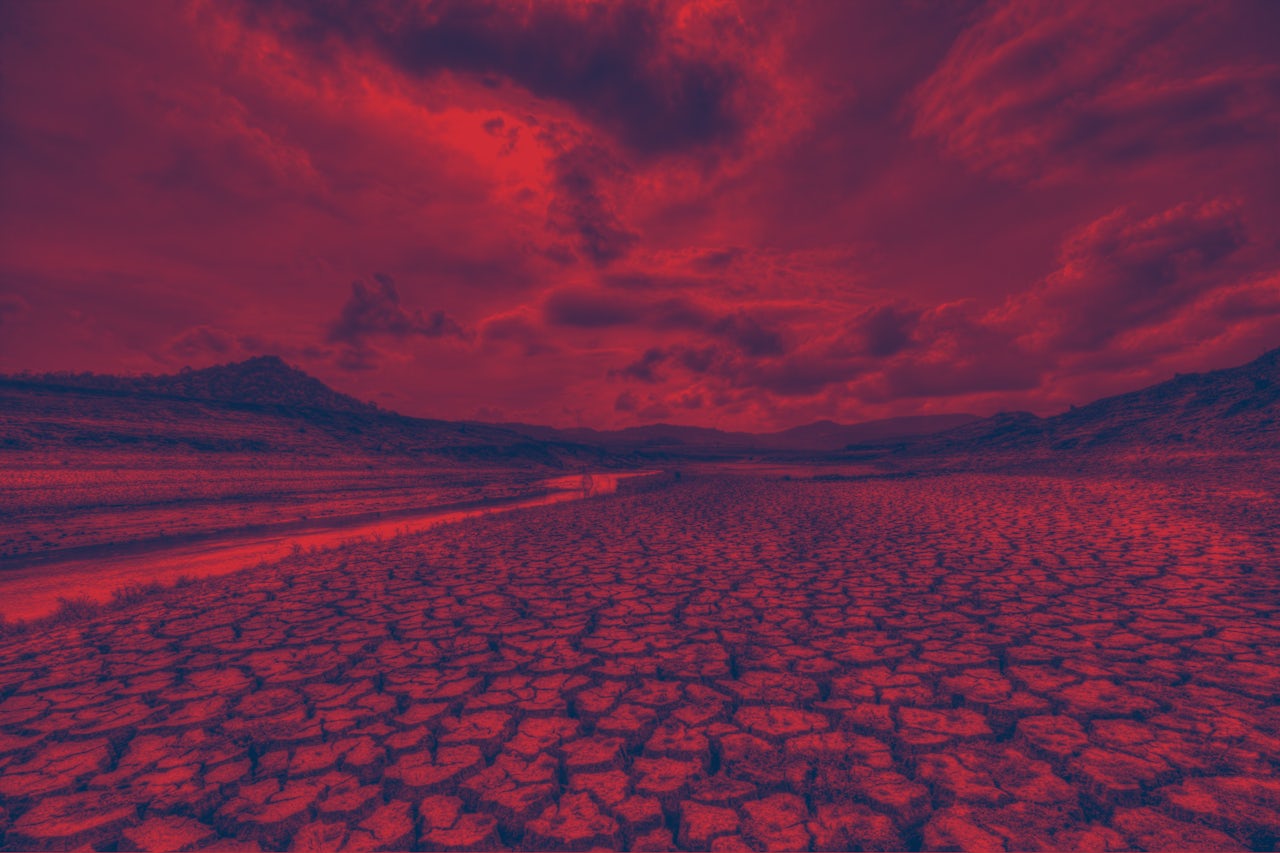Last week, as a polar vortex swept across the United States, plunging temperatures to record lows throughout the Midwest, President Donald Trump did a tweet:
In the beautiful Midwest, windchill temperatures are reaching minus 60 degrees, the coldest ever recorded. In coming days, expected to get even colder. People can’t last outside even for minutes. What the hell is going on with Global Waming? Please come back fast, we need you!
— Donald J. Trump (@realDonaldTrump) January 29, 2019
The next day, the Brookings Institution published a report outlining a strategy to make climate change deniers wake up: Tell them they are disproportionately located in places that will be the most devastated by its effects. The report asks:
“What if we look at the geography of climate change from a different angle? Specifically, what if we flip the frame from emissions to impacts? From that perspective, the current gridlock might not be as permanent as it now seems, as many of the jurisdictions that have selected political leaders opposed to climate policy are the most exposed to the harms of climate change.”
Drawing upon data from the Climate Impact Lab, Brookings argues that if voters considered how their local economy will be affected by climate change in the future, they would be more likely to vote for climate-friendly representatives. In this hypothetical, voters from Republican states in the south and midwest, upon seeing a map of how climate change will ravage the country over the next 60 years, will emerge from a fog of ignorance and switch their party allegiance.
But party allegiance, not lack of information, is precisely the problem. Most of those people voted for a man who sees “Global Waming” [sic] as a punchline, not an existential threat, and it’s doubtful that the threat of consequences after they are dead will make a substantial difference. Of course, everyone should vote for representatives who care about mitigating the harms of climate change (in fact, voting is just about the only substantial thing people can do). As the Brookings report makes abundantly clear, that goes doubly for people in states that voted for Trump in the 2016 election. But when it comes to voting, the chasm between “should” and “will” is vast. If everyone voted according to their material interests, a 70 percent marginal tax rate on top-earning millionaires would be a reality, not a radical proposal.
With tax policy, the equation is incredibly simple: if you don’t make 10 million dollars, you should vote for higher taxes on the millionaires and you will benefit almost immediately, whether through tax relief to lower income brackets or more investments in social services. Still, only 31 percent of Republican voters support a 70 percent marginal tax rate on the top income bracket. Given that it’s so hard to reach a consensus based on material interests for tax policy, it seems very unlikely that the same could be achieved on climate change.
In part, this is because an entire generation of Republicans has been conditioned by party leadership to deny that the link between human activity and climate change even exists, let alone that it’s the right thing to give up economic gains in the short-term in order to, you know, have a habitable planet in the long run.
Still, there are signs that public opinion is shifting towards agreement with the scientific consensus. According to a survey conducted by the University of Chicago late last year, 48 percent of Americans find climate science more convincing than they did five years ago. Of those people, 76 percent attribute their shifting views to extreme weather events like hurricanes, heat waves, and floods.
So in a sense, the Brookings report is right: One of the very few things that convinces people that climate change is real and that they should act on it is the impact of climate change itself. It’s a far cry, however, from education to experience. And if we have to wait until enough people are personally affected by climate change in order to address it, it will already be too late. The window is closing to keep warming below 2 degrees Celsius, per the Paris Agreement (which Trump removed the United States from in 2017), and a campaign telling Republican voters that their jobs will be gone in sixty years is not the balm Brookings makes it out to be.
If there’s any hope to be found in the fight for responsible climate policy, it’s not in some Sorkinesque paean to the power of an informed citizenry. But maybe if the sea eats up too many coastal towns, too many homes slide into the Mississippi River, and too much of California burns people will finally decide to believe what their eyes are showing them.

